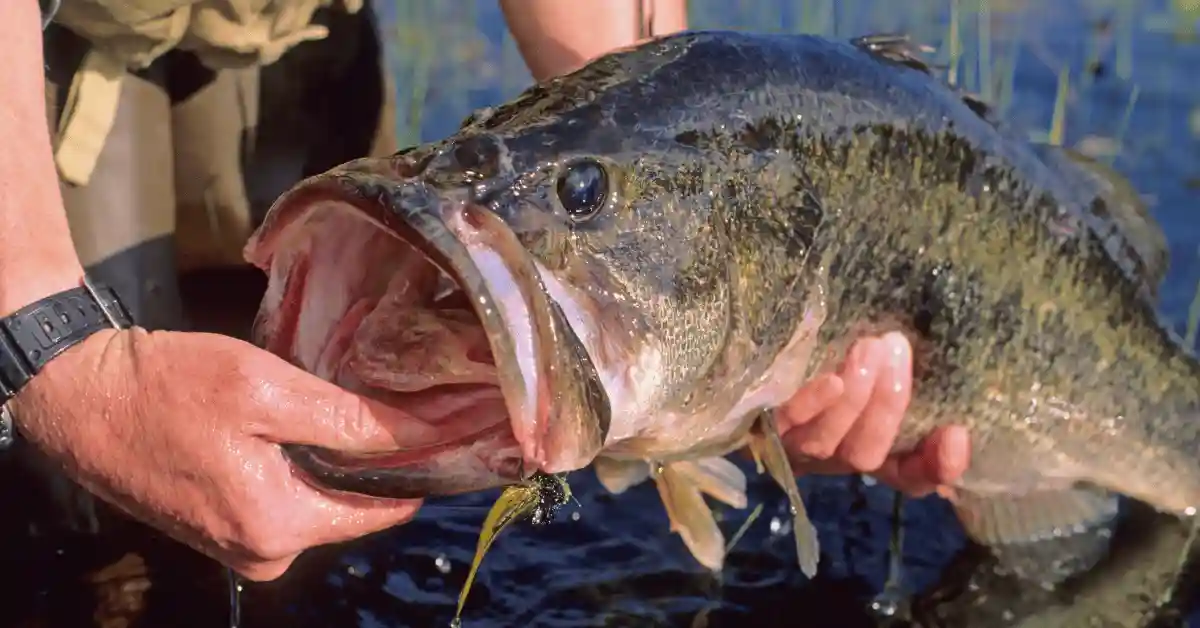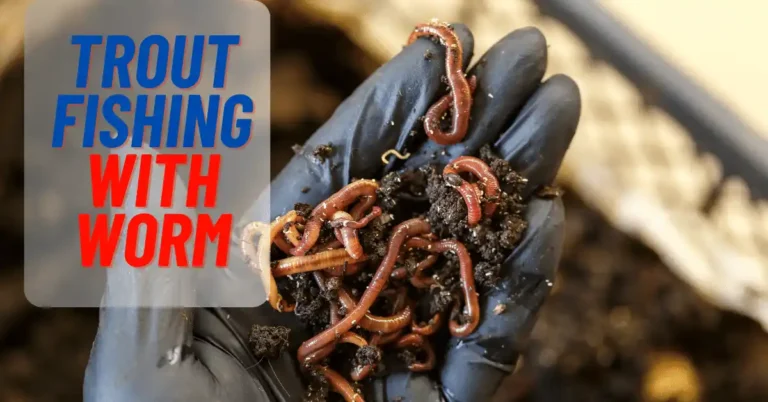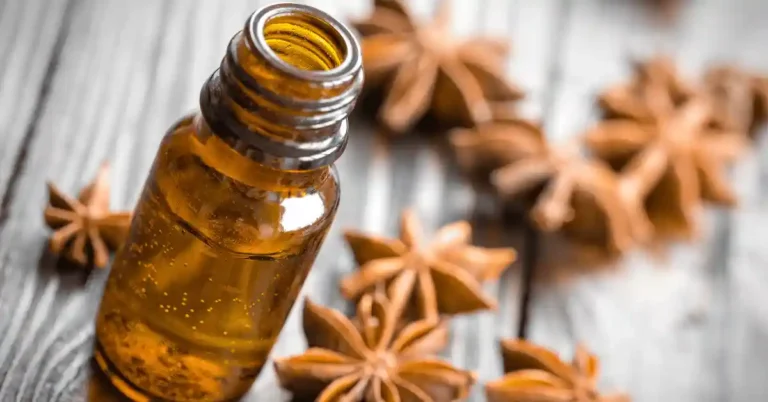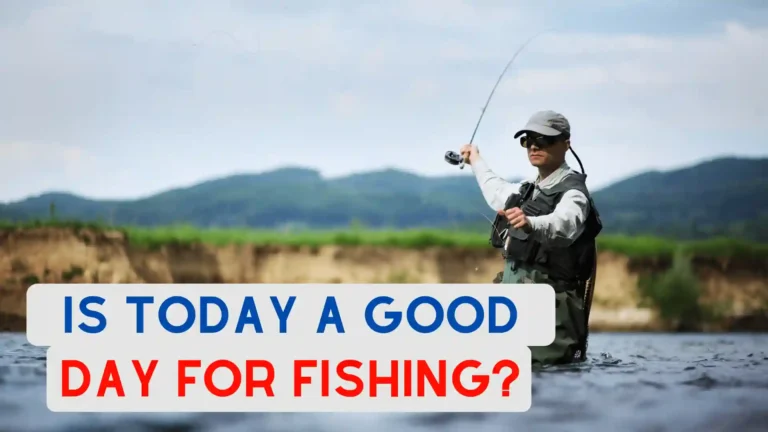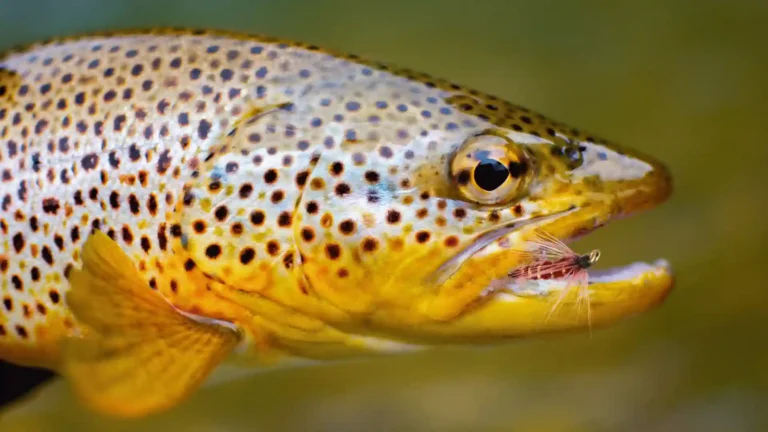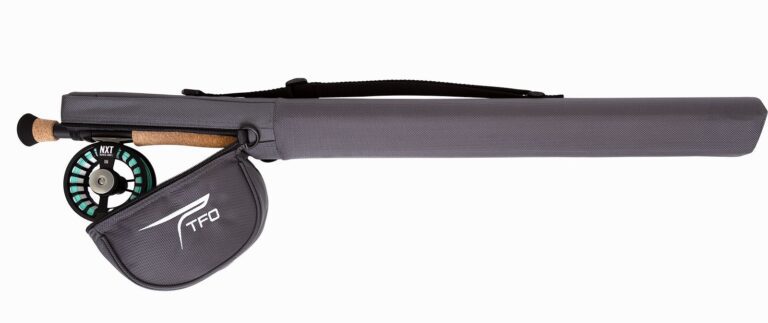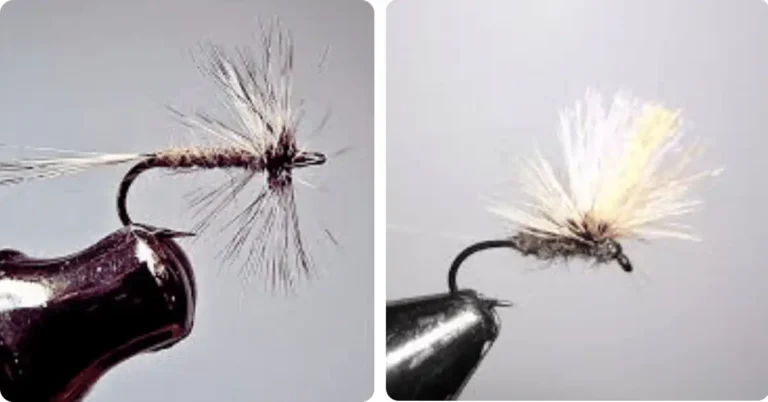Why You Shouldn’t Eat Bass? | My Personal Thoughts
Why You Shouldn’t Eat Bass | My Personal Thoughts
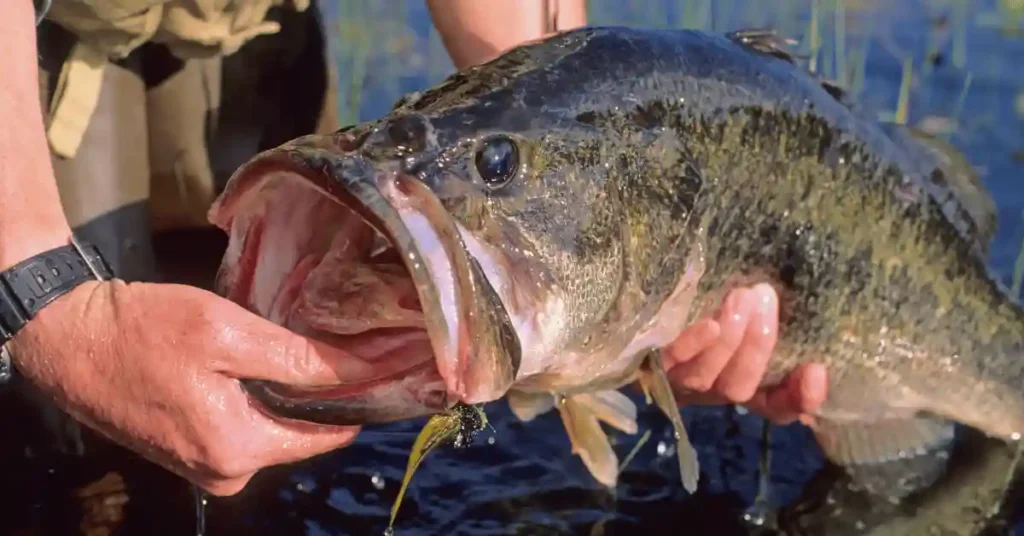
As someone who enjoys fishing, I’ve had a fair share of experiences when it comes to the different types of fish you can catch and eat.
One type of fish that I’d like to focus on is the bass. You might be surprised to hear this, but there are some valid reasons why you shouldn’t eat bass.
In this article, I will be sharing my reasons, explaining why I have come to this conclusion.
Disclaimer: The views and opinions expressed in this article are solely those of the author and do not necessarily reflect the official policy or position of any fishing organization or regulatory body.
What Exactly is Bass?
‘Bass’ is not a name of a specific fish. It is a word used for different kinds of fish, found in both salty and fresh water. People love catching them because they put up a big fight when hooked, which makes them popular for sport fishing.
Although bass are often eaten around the world, I see things differently. My opinion comes from my own experiences and what I’ve seen, not just what I’ve heard.
Largemouth and smallmouth bass, especially, are popular catches for people who fish for fun. They’re known for being aggressive and giving exciting fights.
However, the popularity of bass fishing makes some worry about how it affects the number of fish and the environment.
The Importance of Catch and Release
One big reason not to eat bass is something called “catch and release.” This means you let the fish go after catching it, so it can keep living and reproducing.
Catch and release helps keep the bass population stable in a fishing area and make sure there are enough fish for the future.
Keeping Bass Around
Having a good number of bass is important for keeping the water environment healthy. They help control the populations of smaller fish and keep the water’s biodiversity in check.
When anglers practice catch and release, they’re helping to make sure there are plenty of bass around for a long time.
Health Concerns Related to Consuming Bass
I’ve cut down on eating bass not just because I love fishing and nature, but also because of health concerns. One big issue is mercury.
Bass, especially the older and bigger ones, can gather mercury in their bodies over time. This happens because toxins build up more as they move up the food chain.
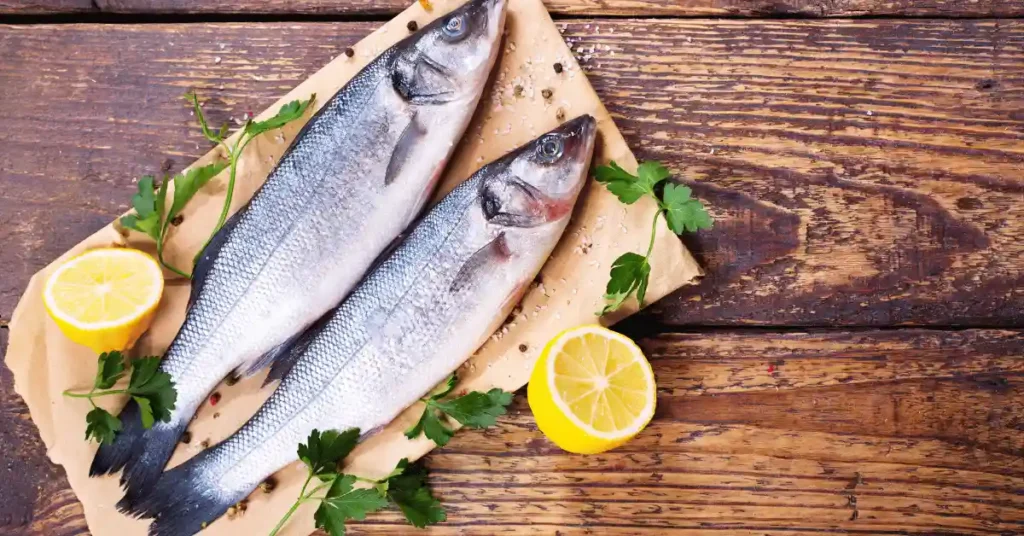
So, when we eat bass, especially the bigger ones, we might be taking in high levels of mercury.
Over time, this can be bad for our health. Mercury is dangerous because it can hurt our nervous system and cause heart problems.
It’s important to know that the amount of mercury in the bass can change based on things like how old they are, how big they are, and where they live.
But, in my opinion, the potential risks are too big, especially when there are other fish with less mercury available.
Deciding to eat less bass wasn’t easy for me since I love fishing. But, when I thought about the risks to my health, I knew it was the right thing to do.
I’m sharing this not to scare anyone, but to encourage everyone to think carefully about what they eat and how it might affect their health.
The Environmental Effects of Eating Bass
Besides the ethical concerns about eating bass, there are also environmental issues to think about. Keeping and eating bass can affect the ecosystem and other creatures in it without us realizing it.
Messing Up the Food Chain
Bass are a big part of the food chain. They eat smaller fish and creatures. When we take bass out of the ecosystem, it messes up this natural balance.
This can make some fish species too many, which changes how the water environment works.
Impact on Other Creatures
Eating bass doesn’t just mess up the food chain, it also affects other creatures. Lots of fish rely on bass to keep their numbers in check by eating them.
When bass are taken out, these other fish can grow in number too much. This can cause problems and upset the balance of the environment.
Deciding Whether to Eat Bass Based on Taste and Texture
Even if you’re not worried about ethics or the environment, you might still think about taste and texture when it comes to eating bass.

Everyone has different opinions on how bass tastes and feels in their mouth, so it’s a personal thing.
What Bass Tastes Like
People often say smallmouth bass has a mild, slightly sweet taste. But this can change based on where the bass lived and what it ate. Generally, bass from cold, clean water tastes better than those from warmer or dirtier places.
The Texture of Bass Meat
Bass meat can be firm and flaky, which some people love. But others might find it too soft or mushy. The size and type of bass can also affect the texture, with smaller ones usually being better.
Impact on Other Creatures
When bass are taken out, these other fish can grow in number too much. This can cause problems and upset the balance of the environment.
Looking at Other Options Besides Bass
If you’re searching for tasty and eco-friendly options instead of bass, there are plenty of other fish out there to try. By mixing up the types of seafood you eat, you can support a more balanced and responsible way of fishing.
Eco-Friendly Seafood Choices
Choosing sustainable seafood is important for protecting the environment and making sure there are enough fish for the future.
Look for seafood with certifications from trusted groups like the Marine Stewardship Council (MSC). They ensure the fish is caught sustainably.
Different Freshwater Fish
Besides seafood, there are lots of freshwater fish that are both yummy and sustainable. Trout, walleye, and panfish are popular choices instead of bass.
They come in different flavors and textures, so there’s something for everyone. Plus, you can catch and eat them without worrying about the ethical or environmental issues linked to bass.
Why Choosing Different Seafood is a Good Idea
Looking back on my decision to stop eating bass, I realized it’s important to try other types of seafood. There are so many tasty and healthy fish out there that don’t come with the same worries as bass.
For example, wild-caught Alaskan salmon is a top pick for me. It’s full of good stuff like Omega-3s and has a strong flavor that works in lots of dishes. Plus, Alaskan salmon fishing is done responsibly, so it’s a smart choice.
I also love Pacific sardines. They’re low in mercury and packed with heart-healthy fats. And because they’re plentiful, we don’t have to worry about them being overfished.
Atlantic mackerel is another favorite of mine. It’s like the other options—low in mercury, high in good stuff, and caught in a way that doesn’t harm the environment.
Trying these other kinds of seafood has been great for me. I still get to enjoy fishing and eating seafood but without any worries about my health or hurting the environment.
Picking these alternatives instead of bass might seem like a small change, but it matters. It’s a chance to do something good for our planet while enjoying lots of tasty seafood.
Giving up bass wasn’t a loss for me—it was a chance to find better, more sustainable choices. And I hope sharing my experience can inspire others to do the same.
Final Thoughts: Why You Shouldn’t Eat Bass
In the end, whether to eat bass is up to you, considering ethics and the environment. While bass can be tasty, it’s important to think about how eating them affects fish numbers and the environment.
So, next time you catch a bass, think about letting it go to help keep fish numbers steady and the environment balanced. There are lots of other delicious fish out there to catch, so why not try something new and help the environment at the same time?
Remember, fishing is about more than just catching fish—it’s about the experience and taking care of our natural resources. Let’s make choices that keep our waterways beautiful for generations to come.

Meet Ibrahim Khan, an avid angler and author in Fishing Teach. He shares his wealth of knowledge from his 16 years of experiences in fishing. His articles are a captivating blend of practical insights and thrilling tales that invite readers into the enchanting world of fishing.
Ibrahim’s guides are your go-to guide in the realm of fishing on this informational site. Hailing from a coastal paradise, Ibrahim’s passion for angling is the heartbeat of his life.

